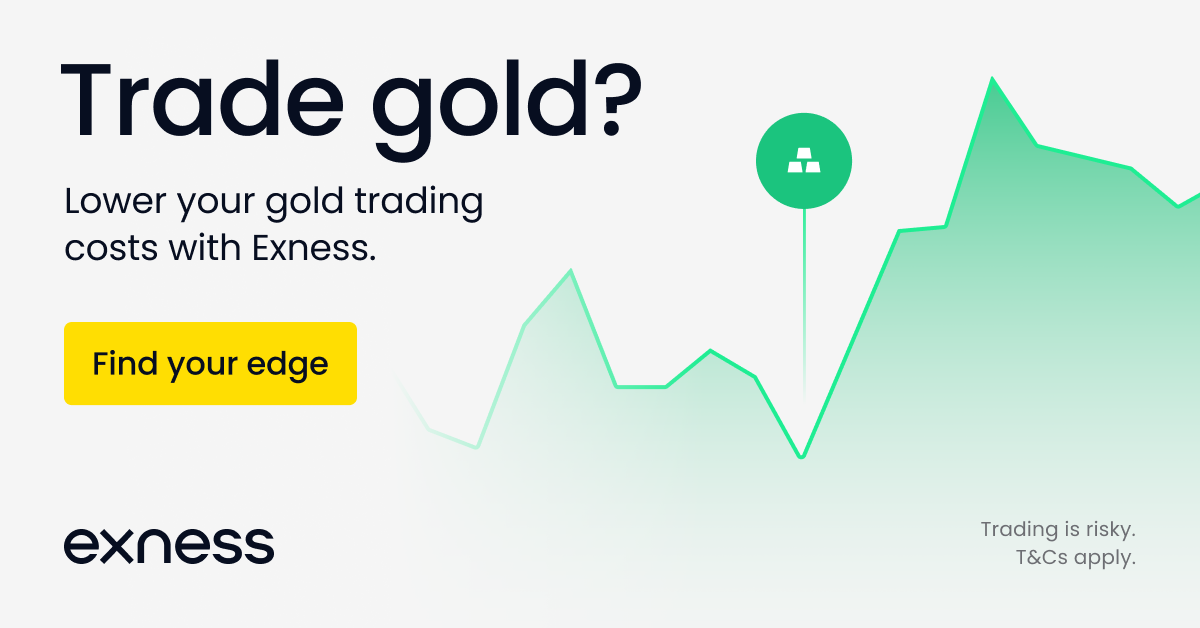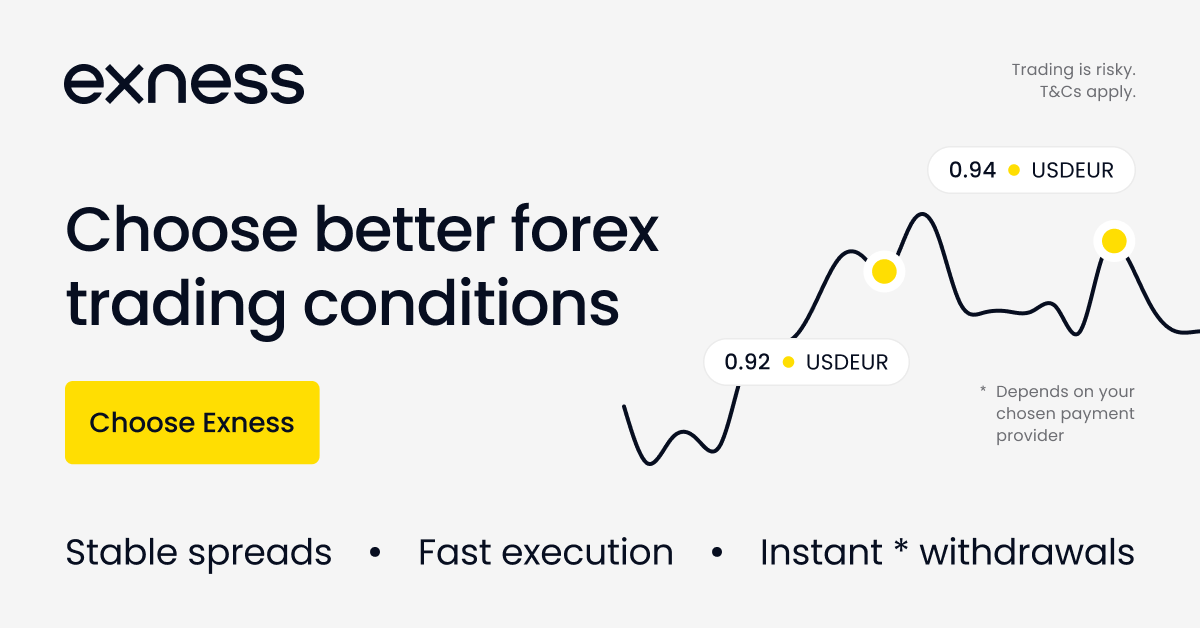Navigating the Forex Market: Tips and Techniques for New Traders
The Forex market, also known as the foreign exchange market, is the largest and most liquid financial market in the world. For new traders, the allure of quick profits can be enticing, but entering the Forex market without a solid understanding and strategy can lead to costly mistakes. Here are essential tips and techniques to help new traders navigate the complexities of Forex trading successfully.
1. Educate Yourself About Forex Trading
Before diving into trading, it’s crucial to understand the basics of the Forex market. Learn about how currencies are traded in pairs, what influences currency movements, and the economic indicators that traders watch. Resources like books, online courses, and webinars can provide a strong foundation.
2. Start with a Demo Account
Most Forex brokers offer demo accounts, allowing new traders to practice trading without risking real money. Use this opportunity to familiarize yourself with the trading platform, test out trading strategies, and understand how to execute trades effectively.
3. Develop a Trading Plan
A well-thought-out trading plan is vital. This should include your profit goals, risk tolerance level, evaluation criteria, and trading strategies. A trading plan helps you maintain discipline and keeps emotional trading at bay, which is crucial for successful Forex trading.
4. Understand and Manage Risks
Risk management is key to long-term success in Forex trading. Determine how much of your portfolio you are willing to risk on a single trade. Many seasoned traders recommend risking no more than 1-2% of your account on any given trade. Utilize stop-loss orders to minimize potential losses.
5. Use Leverage Wisely
Forex markets are known for offering significant leverage, which means you can control a large contract size with a relatively small amount of capital. However, while leverage can amplify profits, it can also magnify losses. New traders should use leverage cautiously until they are more experienced.
6. Keep an Eye on News and Economic Events
Currency prices are highly sensitive to news and economic events. Keep track of economic calendars and news releases, such as GDP announcements, interest rate decisions, and employment data from major economies. Understanding how these events affect currency markets is crucial for making informed trading decisions.
7. Analyze the Markets
Use technical and fundamental analysis to make informed trading decisions. Technical analysis involves studying charts to identify patterns and trends that can suggest future activity. Fundamental analysis involves looking at economic fundamentals to predict currency movements. Combining both approaches can provide a more comprehensive market view.
8. Choose the Right Broker
Select a reliable Forex broker that suits your trading style and needs. Consider factors such as regulation, trading platform, customer support, trading conditions, and transaction costs. A reputable broker can significantly impact your trading experience and performance.
9. Stay Emotionally Detached
One of the biggest challenges for new traders is managing their emotions. Fear and greed can lead to rash decisions like chasing losses or staying in profitable trades too long. Sticking to your trading plan and knowing when to cut losses are essential skills.
10. Continuously Learn and Adapt
The Forex market is dynamic, and continuous learning is essential. Reflect on your trades, learn from your successes and failures, and stay updated with market trends and new trading techniques.
Navigating the Forex market successfully requires a combination of knowledge, strategy, and discipline. By following these tips and continuously refining your trading skills, you can increase your chances of becoming a proficient Forex trader. Remember, Forex trading is not a sprint but a marathon that requires patience and perseverance.









